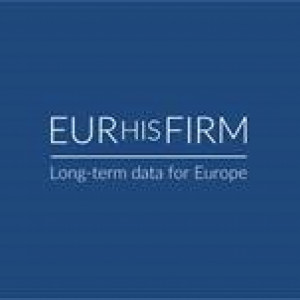 \
&
Contact us
\
&
Contact us
 \
&
Contact us
\
&
Contact us
This was 1 month ago
LocationLiederhalle Stuttgart
The European Robotics Forum 2025 in Stuttgart, co-organized by euRobotics and Fraunhofer IPA, promises to be a dynamic intersection of innovation and collaboration in robotics and AI. Held at the renowned Liederhalle, the event will feature cutting-edge trends, foster meaningful partnerships, and offer exclusive visits to leading institutions like Fraunhofer Institutes, the University of Stuttgart, and Cyber Valley. With strong political support and an experienced team, ERF2025 aims to boost synergies and drive European advancements in robotics and AI.
The Cluster 4 NCP projects for digital and industrial topics, IDEAL-IST and NCP4Industry, are joint sponsors of this event and will have a booth at the exhibition area in Liederhalle advertising Horizon Europe calls, NCP services and the Cluster 4 NCP projects.
More information and registration available here.
We offer news and event updates, covering all domains and topics of Horizon Europe, Digital Europe & EDF (and occasionally, for ongoing projects, Horizon 2020).
Stay informed about what matters to you.
By signing up, you can opt in for e-mail notifications and get access to
a personalised dashboard that groups all news updates and event announcements in your domain(s).
Only for stakeholders located in Flanders

EURHISFIRM designs a world-class research infrastructure (RI) to connect, collect, collate, align, and share detailed, reliable, and standardized long-term financial, governance, and geographical data on European companies. EURHISFIRM enables researchers, policymakers, and other stakeholders to develop and evaluate effective strategies to promote investment, economic growth and job creation. The RI provides the tools for long-term analysis highlighting the dynamics of the past and the way those dynamics structure our present and future.
The EURHISFIRM European project received € 3.4 million in financing from the European Commission through the H2020-INFRADEV-2017-1 research infrastructures call. The project started with a consortium of eleven research organisations (including University of Antwerp) from seven European countries.